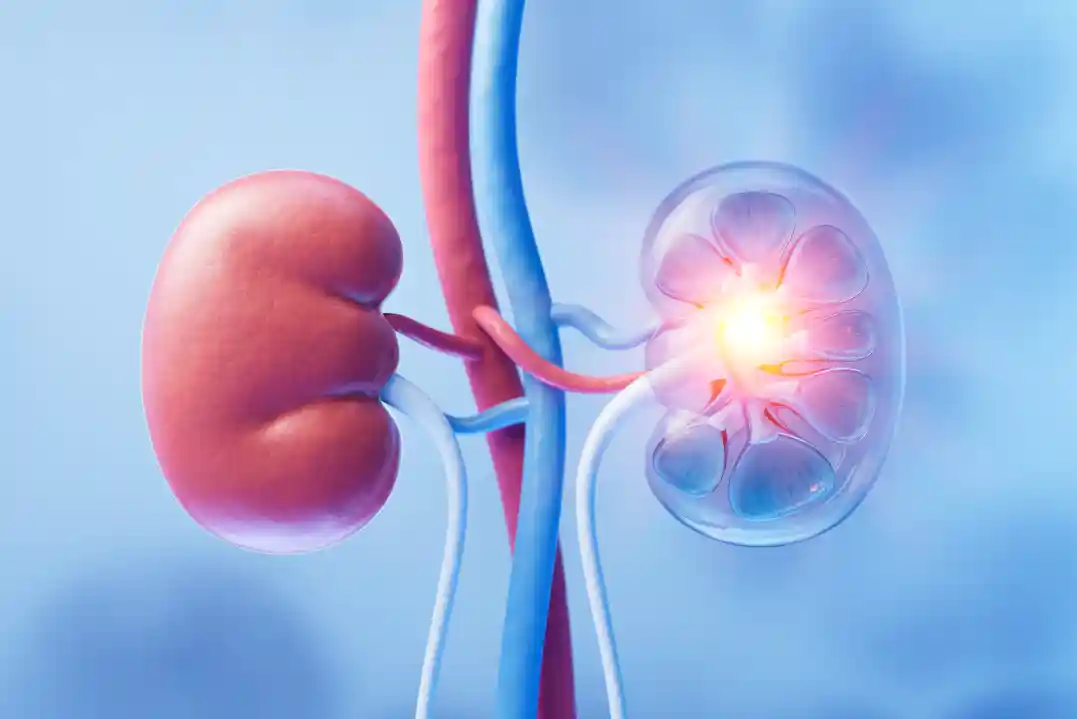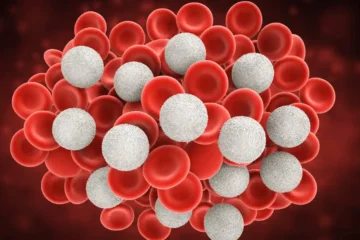Our bodies rely heavily on the kidneys, vital organs situated at the base of the rib cage on both sides of the spine. Responsible for a range of essential functions including waste filtration, pH regulation, and hormone production, maintaining kidney health is paramount. Yet, the global prevalence of kidney disease is on the rise, underscoring the urgent need for proactive measures to safeguard kidney function.
To mitigate the risk of kidney damage, prioritizing kidney health through lifestyle choices is imperative. By raising awareness about healthy living practices, we can combat the growing threat of kidney ailments. In this article, we outline seven effective strategies for enhancing your kidney health:
Maintain a Balanced Diet
A balanced and healthy diet is vital for the well-being of your kidneys. The foods you consume play a significant role in kidney function. High levels of fat, salt, or sugar in your diet can contribute to serious kidney conditions. Seeking guidance from a dietician can be beneficial in understanding dietary do’s and don’ts.
Focus on incorporating foods low in sodium into your meals. Consider including kidney-friendly options such as:
- Fresh fruits and vegetables
- Cold water fish like salmon and sardines
- Healthy fats like canola oil and walnuts
These foods are rich in omega-3 fatty acids, which promote kidney health while being low in saturated fats and cholesterol. Incorporating them into your diet can support smooth kidney function.
Manage Blood Pressure
Elevated blood pressure poses significant risks to our overall health, particularly impacting kidney function. Individuals with conditions such as diabetes or high cholesterol levels are especially vulnerable to kidney dysfunction due to high blood pressure. Alarmingly, many young individuals today experience hypertension due to erratic daily routines, raising concerns about health complications at an early age.
To mitigate these risks, prioritize lifestyle adjustments aimed at controlling blood pressure. Consider seeking medical treatment to prevent long-term repercussions on kidney health. Consulting a specialist can provide valuable insights and personalized recommendations for maintaining fitness and safeguarding kidney function.
Maintain Adequate Hydration
Water constitutes approximately 70% of our total body weight, highlighting its crucial role in maintaining overall health. It facilitates the movement of waste through urine to the bladder and keeps blood vessels open, ensuring proper nutrient delivery to the kidneys.
Dehydration disrupts this intricate system, leading to fatigue and hindering daily activities. It’s essential to prioritize hydration by consuming a minimum of 2 liters of water per day. This amount is sufficient for adults to support optimal bodily functions and overall well-being.
Boost Physical Activity
Increasing physical activity is a cornerstone of enhancing kidney health and overall well-being. A healthy lifestyle necessitates regular exercise to maintain fitness levels. Sedentary lifestyles contribute to weight gain and obesity, impacting our daily lives significantly.
Engaging in regular physical activity reduces the risk of kidney diseases while helping to manage blood pressure and cholesterol levels effectively.
Choose activities that you enjoy, such as walking, running, or cycling, for at least 25-30 minutes each day. Utilizing gym equipment or practicing freehand exercises are also beneficial options. Consistent physical activity not only aids in weight management but also yields substantial health improvements.
Cease Smoking and Limit Alcohol Consumption
Smoking and excessive alcohol intake offer no benefits to your body, only harm. Smoking gradually deteriorates organ health and is a significant risk factor for kidney and heart diseases. It impedes blood flow to vital organs and hardens arteries, leading to conditions like coronary artery disease and potentially kidney failure.
Likewise, excessive alcohol consumption poses a serious threat to kidney health. Quitting smoking and moderating alcohol intake are crucial steps towards reducing the risk of kidney damage significantly. By eliminating these harmful habits, you not only decrease the likelihood of kidney disease but also experience notable improvements in overall well-being.
Limit Over-the-Counter (OTC) Pill Use
Many individuals rely on non-steroidal anti-inflammatory drugs (NSAIDs) like ibuprofen and naproxen for pain relief. However, excessive consumption of these medications can pose risks to kidney health. Using over-the-counter (OTC) pills without consulting a doctor can lead to potential complications.
It’s advisable to consult a specialist to assess your kidney function if you frequently take NSAIDs. Even if you don’t experience symptoms of kidney disease, exploring alternative methods for pain management is recommended.
Prioritize Regular Health Checkups
Consulting a kidney specialist can help prevent severe kidney damage. Regular health checkups are essential for assessing the risk of kidney disease, particularly if you have a history of high blood pressure, diabetes, or cardiovascular issues.
Don’t hesitate to schedule regular checkups if you belong to any of the following groups:
- Individuals over 30 years old
- Those born with low birth weight
- Individuals with a family history of cardiovascular disease or high blood pressure
- Those struggling with obesity
Closing Thoughts
Approximately 850 million individuals worldwide grapple with various kidney ailments, including chronic kidney disease, infections, and failure. For many, dialysis becomes a necessary treatment when kidney function declines significantly.
The paramount course of action is to prioritize self-care and uphold a healthy daily regimen. Regular kidney screenings offer the most reliable method of monitoring kidney health. By adopting a nutritious diet, engaging in regular exercise, and managing weight effectively, you can safeguard the well-being of your kidneys.
FAQs
What are the primary functions of the kidneys?
The kidneys are responsible for filtering waste products from the blood, regulating electrolyte balance, controlling blood pressure, and producing hormones essential for red blood cell production and bone health.
How can I improve my kidney health through diet?
A balanced diet low in sodium, saturated fats, and processed sugars can promote kidney health. Including plenty of fruits, vegetables, lean proteins, and whole grains while staying hydrated with water is beneficial.
Is it essential to limit alcohol consumption for kidney health?
Yes, excessive alcohol consumption can impair kidney function and increase the risk of kidney disease. It’s advisable to moderate alcohol intake or avoid it altogether to maintain kidney health.
Can over-the-counter (OTC) medications affect kidney function?
Yes, certain over-the-counter medications, particularly non-steroidal anti-inflammatory drugs (NSAIDs) like ibuprofen and naproxen, can potentially harm the kidneys if used excessively or for prolonged periods. Consult a healthcare professional before taking any medication.
How often should I get my kidneys checked?
The frequency of kidney checkups depends on individual health factors and risk factors such as high blood pressure, diabetes, or a family history of kidney disease. Consult your healthcare provider for personalized recommendations on kidney screenings.
Are there lifestyle factors that contribute to kidney disease?
Yes, lifestyle factors such as smoking, sedentary behavior, poor dietary choices, excessive alcohol consumption, and inadequate hydration can contribute to kidney disease. Adopting a healthy lifestyle can help mitigate these risks.
What are the warning signs of kidney problems?
Symptoms of kidney problems may include changes in urination patterns, swelling in the legs or face, fatigue, nausea, difficulty concentrating, and unexplained weight loss. If you experience any of these symptoms, consult a healthcare professional promptly.



